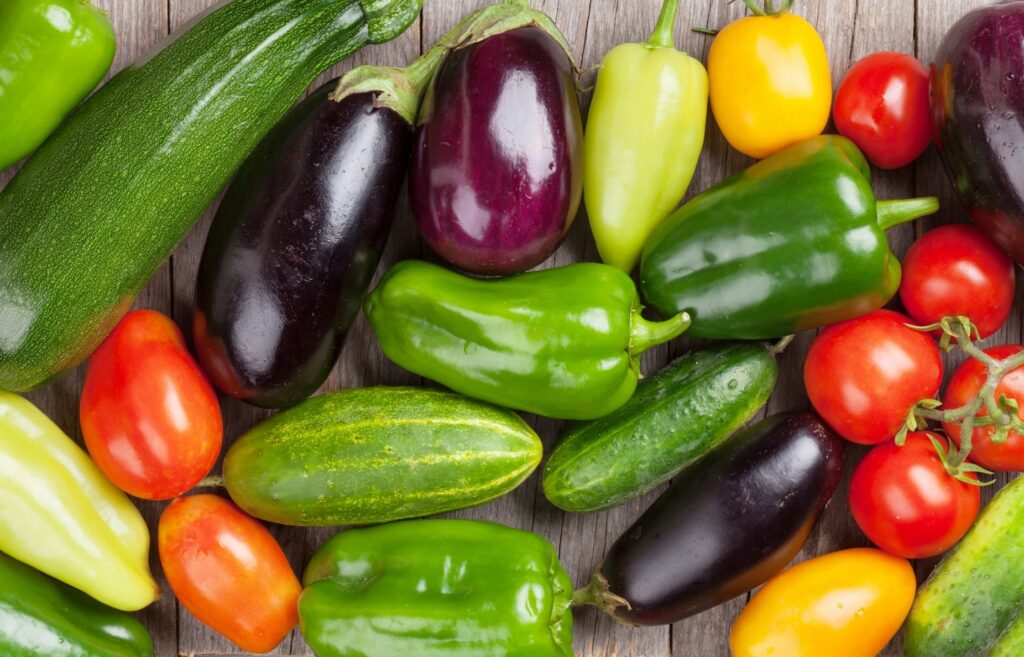
HABITS, HEALTH & HAPPINESS
Although many factors are associated with an increased in colorectal cancer, and some hormone dependent cancers such as breast and endometrial cancers, it’s estimated that 30 percent of all cancers may be the result of our diet. Here are some tips to help you reduce your risk:
1. Achieve and maintain a healthy weight:
Obesity is associated with a marked increased in colorectal cancer, and some hormone dependent cancers such as breast and endometrial cancers.
2. Eat more fruit and Vegetables:
At least five portions of fruit and vegetable a day can reduce the risk of many different types of cancer. The exact reason for this is unknown, but it may be related to their fibre content, vitamins and minerals, other plant chemicals such as flavonoids, or the combination of all these nutrients. Vitamins and mineral supplements may be a useful addition to the diet for some people but they aren’t a substitute for fresh fruits and vegetables.
On average, most people need to eat about 50 pat cent more fibre than they currently. do to meet the recommended intake of l8g per day. Fibre is im5ortntto increase stool weight, which enables waste to pass easily from the body. A high fat diet is linked to an increased risk of chororectal cancer.
3. Antioxidant Nutrients
A vegetarian diet does not contain the nitrates and nitrites found in many meats that have been linked to cancer of the mouth, oesophagus, and stomach. Instead vegetables contain natural substances, called antioxidant nutrients, that protect against cancer. The most important antioxidant nutrients are the ACE vitamins- vitamins A, C, and E, and the mineral selenium. People who smoke, or who are exposed to a very polluted environment, require more antioxidant nutrients in their diet.
Sources of antioxidant nutrients which combat the free radicals that cause cancer, and which are widely found in a typical vegetarian diet include:
Beta-carotene – dark green, yellow, orange and red vegetables such as carrots, tomatoes, peppers, paw-paw, water melon and pineapples fruits, melons, berries, black currants, potatoes, green lea’ vegetables and tomatoes.
